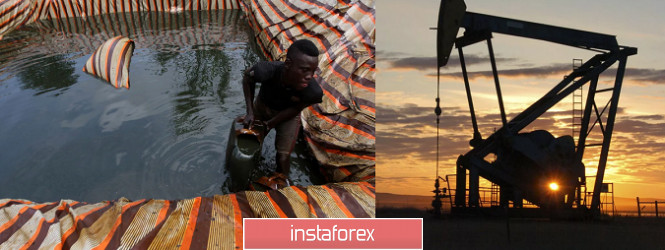
Fuel demand worsens after a number of countries suspends international travel due to coronavirus. Unfortunately, such leads to a slow global economic recovery.
Nonetheless, OPEC + plans to leave most of the suspended production by the end of the year - about 7.7 million barrels per day, maybe more.
Even Saudi Arabia has announced that supplies returned in August, or rather most of them, will be used domestically rather than exported.
Since the market is still very vulnerable, the Saudis are trying to exert maximum pressure on other OPEC + member countries to comply with their obligations.
A joint Ministerial Monitoring Committee is scheduled to be held on Wednesday, and the issue of meeting the commitments will be high on the agenda.
Countries who constantly cheat on quotas, such as Iraq and Nigeria, have pledged to introduce additional reductions as compensation for their violation.
On August 7, Baghdad and Riyadh issued a joint statement on the promised cut of 400,000 bpd by Iraq in September and August, in excess of what they should have already produced.
But so far, these are only promises, and none of the laggards provided the rules required by the treaty.
Meanwhile, Nigeria is trying to implement its desire for one of its oil varieties to be treated not as crude oil, but as condensate, in order to be freed from production quotas.
Iraq has proven to be more honest than Nigeria and has complied with nearly 80% of the reductions stipulated by the agreement.
"Iraq is moving forward and has chosen the right direction," said Helima Croft, head of commodity strategy at RBC Capital Markets LLC, "but given the very difficult economic situation and the circumstances, compensation can be very time-consuming," she added.
The material has been provided by InstaForex Company - www.instaforex.com